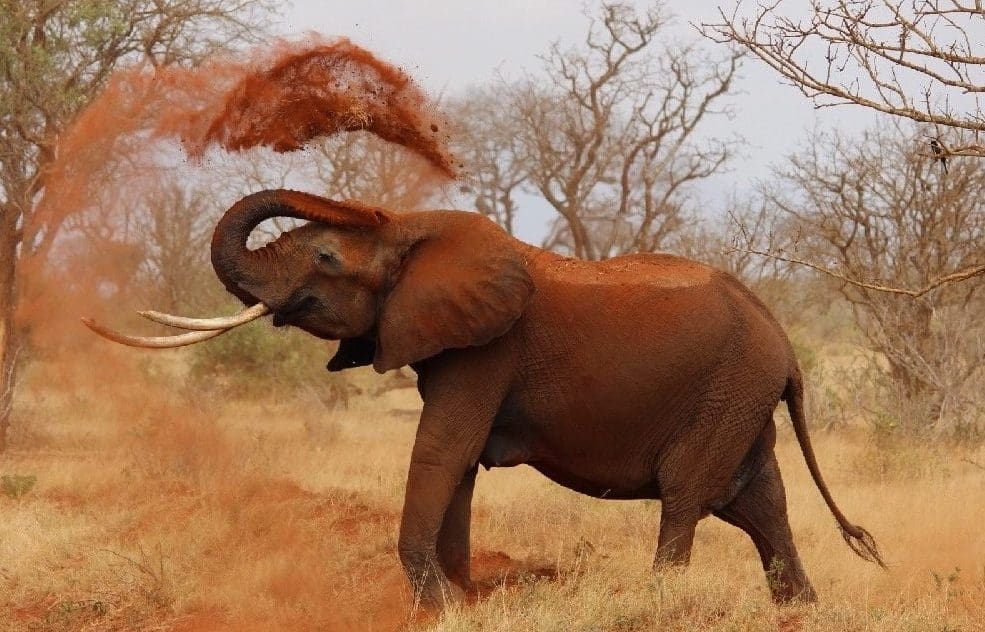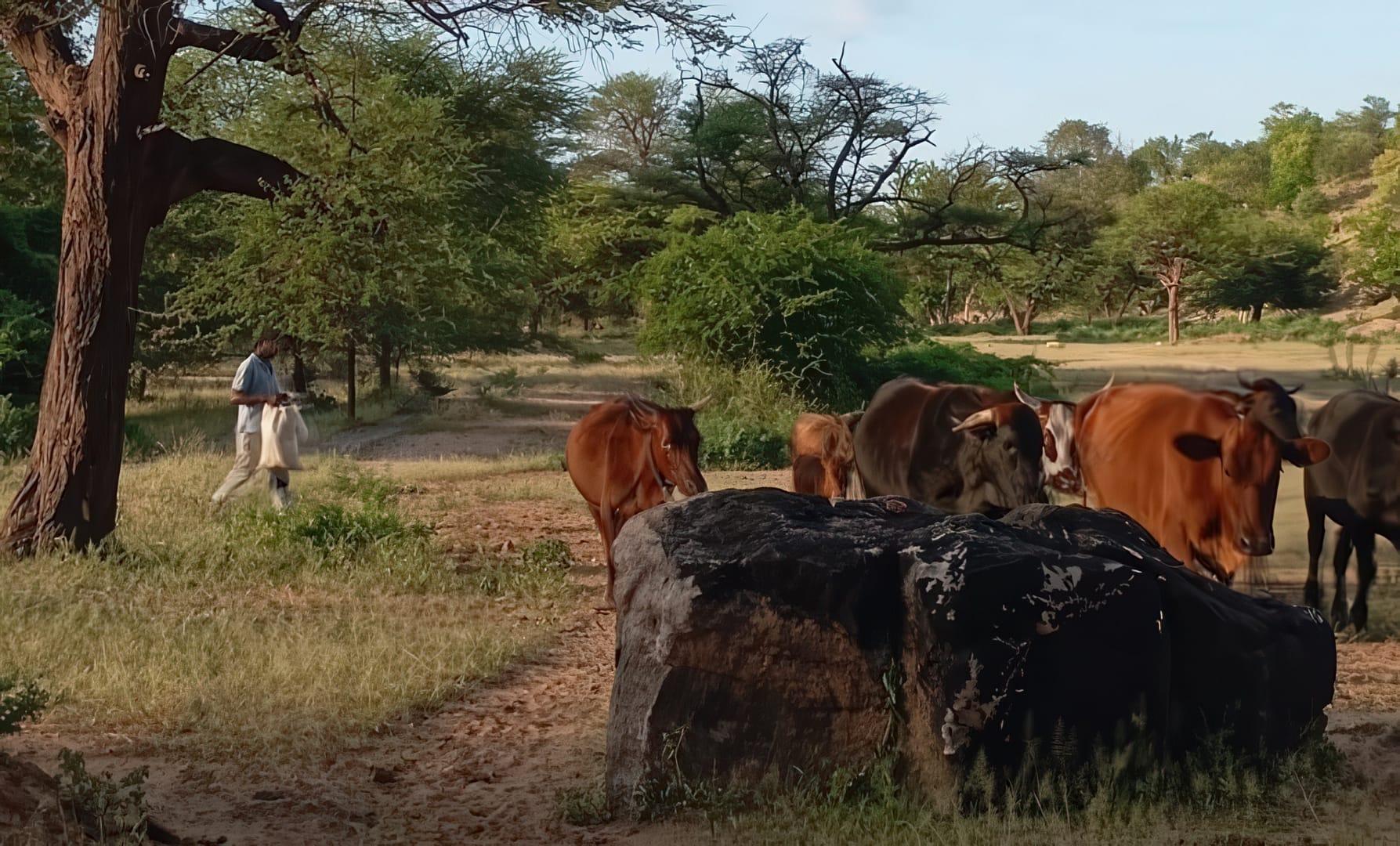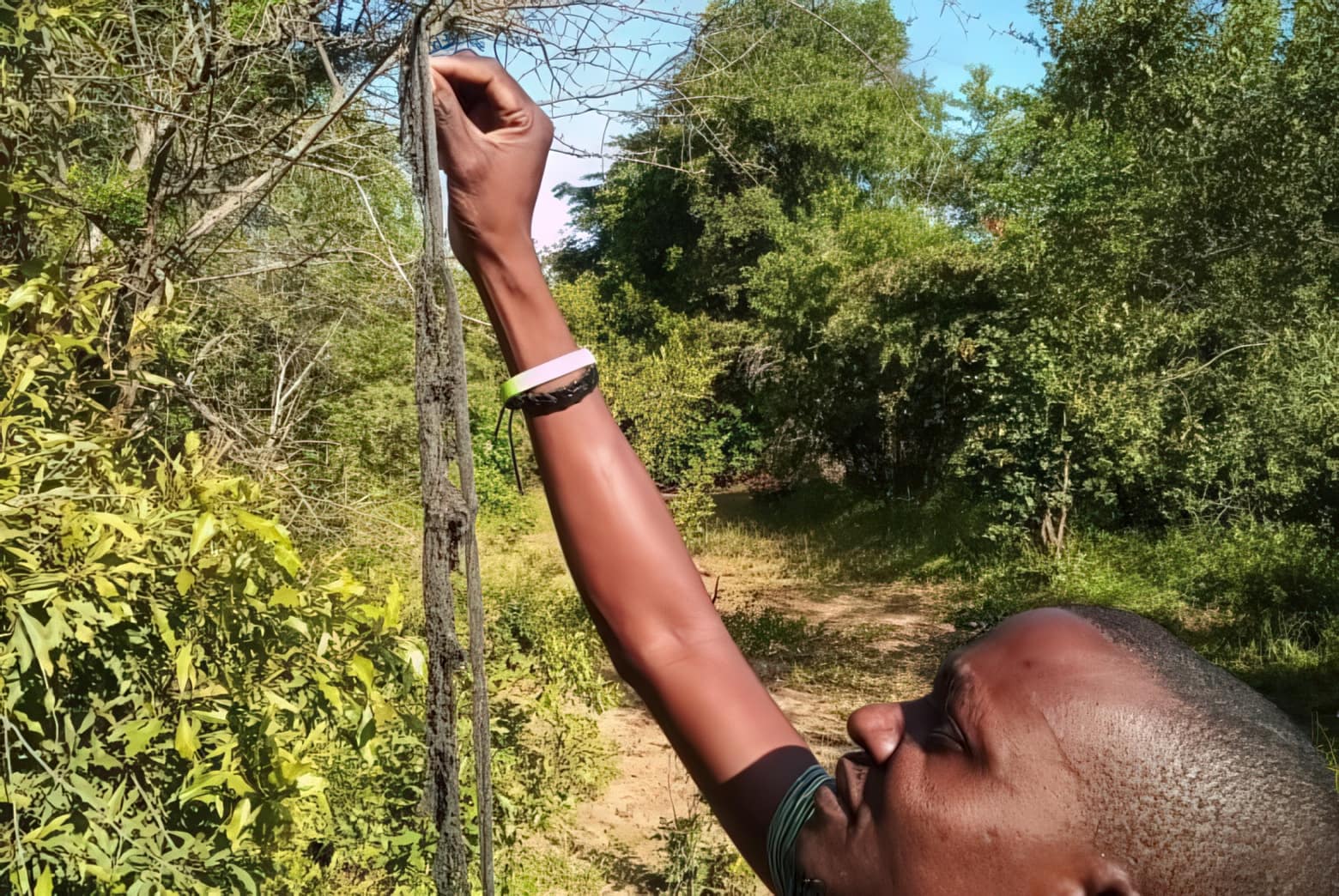
Letter about Trophy Hunting to the Editor of Science Magazine: A Response from Southern African Community Leaders
A recent letter in Science by Dickman et al about trophy hunting unleashed passionate debate in the Western media. These discussions have involved over 400 conservationists, academics and animal rights advocates from the US, Europe and Australia, voicing strong, if divergent, opinions on effective conservation strategies.
Much of the discussion focuses on Africa, but with the notable exception of Dickman et al’s letter, key voices missing from the debate are those of rural people and governments who live with and manageAfrican wildlife, and who will ultimately determine its future. As legitimate representatives of many thousands of people from key wildlife range states (Botswana, Namibia, Zimbabwe and Zambia), we would like to correct this and have our perspective and voices heard.
Sustainably managing megafauna is complex, and successful conservation must start with we who live directly with wildlife. Whilst many in the West view elephants, lions and other wildlife through a romantic, idealised lens, our daily reality of living with these magnificent and valued, yet often dangerous, animals requires more pragmatism.
We, who live surrounded by this wildlife, worry daily that our children may be killed on their way to school, or that our livelihoods will be destroyed. In Botswana, 36 people were killed by elephants in 2018. In Zimbabwe, at least 30 people were trampled by elephants in 2019. Every death is a tragedy, and often involves family breadwinners. Recently, two Zimbabwean siblings disappeared from their home. Only the dismembered head of the two year old was recovered from the suspected hyena attack, and the four year old has never been found. The harsh reality is that if wildlife is just a threat to us, and our incentives to conserve it are removed, its future will be as bleak as that of the wolves, bears and other carnivores of Europe and the US.
For centuries our people have lived with wildlife, and its value is deeply ingrained in our cultures. During colonial times our rights to manage and benefit from these resources were removed. This led to dramatic loss of wildlife and its habitat – a disaster for conservation, our traditions and our livelihoods. Following independence, our governments restored our rights and integrated wildlife into rural economies. This enabled the development of socio-economic incentives to live with and sustainably manage our wildlife. Whilst it varies nationally, up to 90% of these economic incentives are provided through sustainable, regulated hunting. This has led, in Southern African countries such as ours, to increasing wildlife populations and habitat, often even beyond formally protected areas, in stark contrast to most Western countries.
We acknowledge that banning wildlife trophy imports into foreign countries is within the right of those governments. We further recognise that regulated hunting may appear a counter-intuitive conservation strategy to many. Yet if your objective is conservation – not solely the recognition of individual animal rights – import bans are misguided and have important implications for our human rights. We are concerned that hundreds of millions of dollars have been gobbled up in misleading animal rights campaigns without any benefit for the custodians of African wildlife – African people. Banning trophy imports risks significantly reducing the value of our wildlife, reducing incentives to tolerate and manage wildlife as an integral component of our livelihoods. Imposing such disastrous policies on us negates our sound conservation record. Once again, wildlife numbers will plummet and our rights to sustainably manage our natural resources will again be undermined.
We recognise and respect the rights of Western conservation scientists and animal rights advocates to discuss how best to manage African wildlife. However, we request that your discussions are informed by our voices as custodians of this wildlife. Discussions should acknowledge both our conservation successes and our communities’ right to earn a livelihood through the culturally appropriate, sustainable management of our resources for the benefit of our people. Any less is to deny our human rights.
Yours sincerely
Botswana:
Gakemotho Satau
The Trust for Okavango Cultural and Development Initiatives (TOCaDI)
Kutlwano Russel
Mababe Zokotsama Community Development Trust
Tumeleng Mogodu
Mababe Zokotsama Community Development Trust
S.K. Moepedi
Okavango Kopano Mokoro Community Trust
Kerapetse Bantu Peter
Tcheku Community Trust
Amos Ben Mabuku
Chobe Enclave Community Trust –Former Chairperson
Namibia:
Hilda N. Nathinge
Vice Chairperson of the North Central Conservancy
Representing 9 conservancies
Max Mayemburuko
Chairperson of the Kavango East and West Conservancy Community Forest Associations (Representing 6 conservancies)
Theo Naruseb
Chairperson of the Erongo Conservancy Association
(Representing 4 conservancies)
Brisetha Hendricks
Chairperson of the Southern Conservancy Association
Stein Katupa
Kunene Conservancy Regional Association
Secretary to the Conservancy Association
(Representing 40 Conservancies)
Zaack Dirkse
Representing Southern Conservancies (6 Conservancies)
Geoffrey Tukuhuphwele
Zambezi Conservancy Chairperson
Representing 15 Conservancies and one CBOs in total 16
Zimbabwe
Bulilima District
Never Ncube
CAMPFIRE Inter-ward Chairperson
Delani Mabhena
Councillor Malanswazi Ward
Phillip Mpofu
CAMPFIRE Chairperson
Khame Ward
Zoolakes Nyathi
Council Chairperson
Morning Manguba
Headman
Isaac Msebele
CAMPFIRE Chairperson
Ndolwane Ward
Land Ndebele
Finance Committee Chairperson
Cell: +263 778827478
Innocent Mavunela
Conservation Committee Chairperson
Chipinge District, Zimbabwe
Patson Simango
CAMPFIRE Chairperson
Mahenye Ward
Kumbula Jimmy
CAMPFIRE Chairperson
Mtandahwe Ward
Naison Ndhlovu
Mahenye Ward Councillor
K. Njanjeni
Mtandahwe Ward Councillor
Hwange District, Zimbabwe
Nyalani Mgaduwi
CAMPFIRE Chairperson
Sidinda Ward
Sinikiwe Nyathi
Sidinda Ward Councillor
Jabulani Ndubiwa
CAMPFIRE Elder
Jambezi Ward
Chief Shana
Mbire District, Zimbabwe
Ishmael Chaukura
CAMPFIRE Inter-ward Chairperson
Masoka Ward
Promotion Dzomba
Village Head
Masoka Ward
Sarudzai Goredema
CAMPFIRE Chairperson
Masoka Ward
Osca Marowa
Committee Member
Masoka Ward
Public Museruka
Committee Member
Angwa Ward
Ishmael Jack
CAMPFIRE Vice Chairperson
Angwa Ward
Julius Chokubooka
CAMPFIRE Treasurer
Angwa Ward
Justin Mawachi
CAMPFIRE Secretary
Angwa Ward
Cossam Chikondoma
CAMPFIRE Vice Secretary
Angwa Ward
Tsholotsho District
Godfrey Ndlovu
CAMPFIRE Inter-ward Chairperson
Chief Tategulu
Chief Matupula
Chief Siphoso
Zambia
Dr Rodgers Lubilo
Chairman, Zambia National CBNRM Forum


